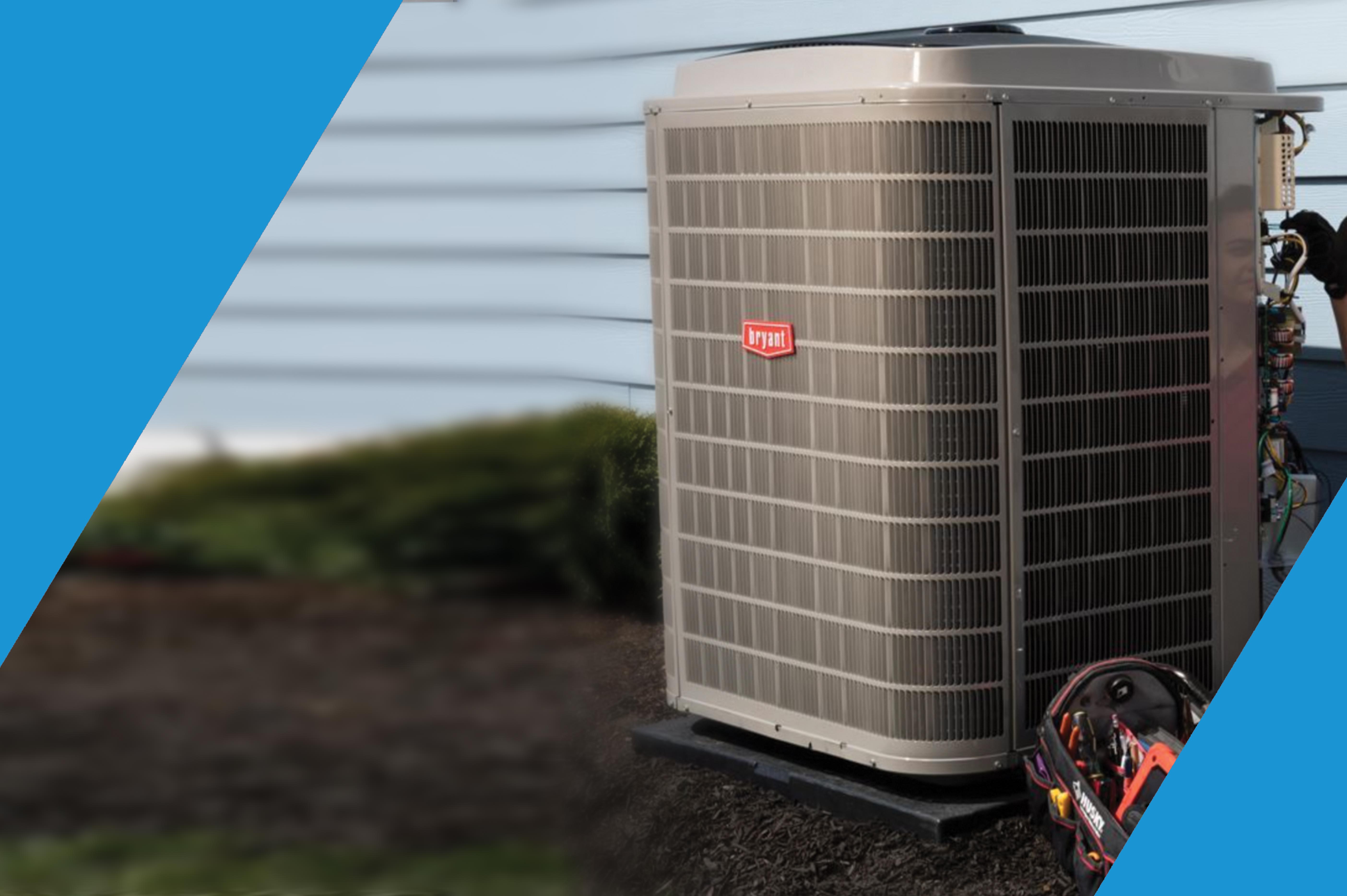
Humidity is a big problem for a some families in Anoka. When not properly controlled, excess humidity can lead to damage to your furniture, excess mold growth and dust mites. In the warmer months of the year, this is a big problem. Fortunately, if you have recently had a heat pump installation, you have a strong weapon against excess humidity.
Heat pumps have both cooling and heating modes. In the winter, when your heating mode is active, you likely don’t need dehumidification. In fact, you may need a humidifier to keep it from getting too dry in your home. However, in the summer, excess humidity can make everyone uncomfortable.
Air conditioning has long been a natural dehumidifier. Because the process works through evaporation and condensation, water can be extracted from the air by the device whenever it is on.
However, for your heat pump to truly provide the dehumidification you need to remain comfortable, it must first have a dehumidification setting – often called the “dry” cycle. During this cycle, the device will dehumidify your home, pulling air from inside the house and extracting moisture from it through the indoor evaporator coils.
Dry cycling is effective because it doesn’t draw new air in from outside to cool your home. It uses the same air already in your home and can therefore remove humidity over time. While new air is draw into your home through vents, the system is designed to continuously cycle the humidity out of the air and keep you from being uncomfortable.
Choosing the Right Heat Pump for Humidity Control
Not all heat pumps offer humidity control settings, so you should talk to a professional about your needs before selecting a new model for your home. Make sure it offers the dehumidification options you’re looking for and can cover the full area of your home. If you have any questions about this please call Air Mechanical.







